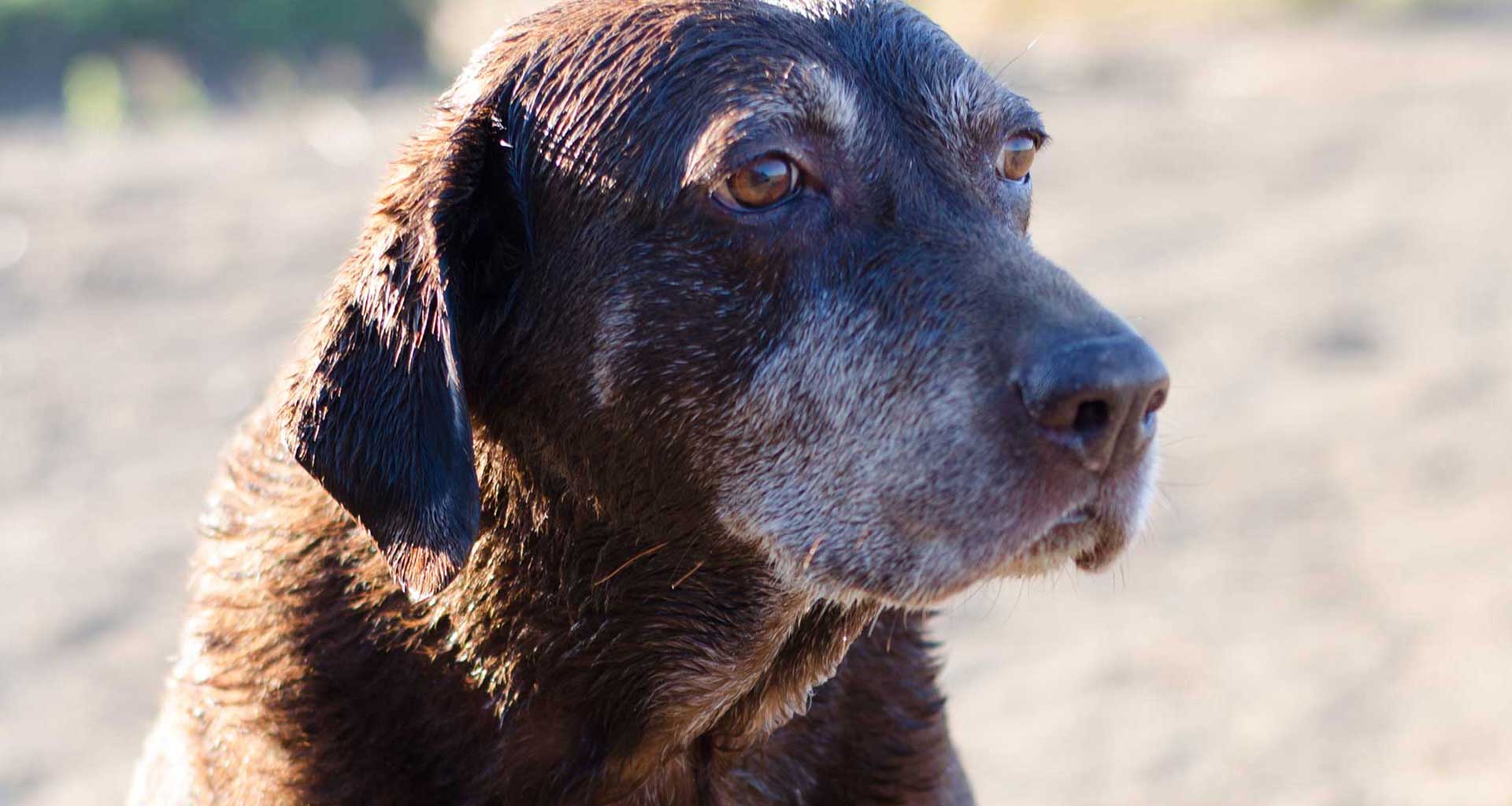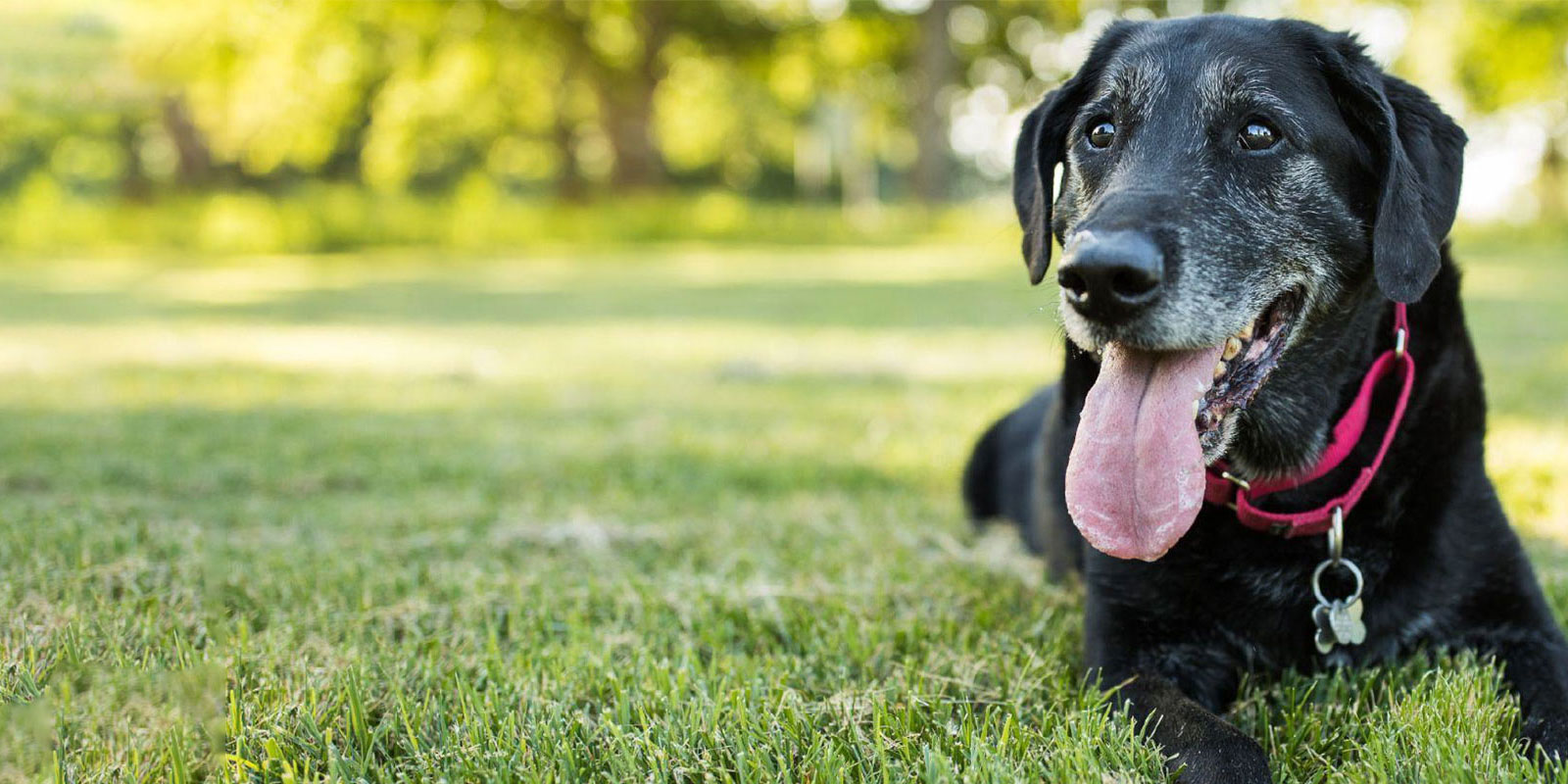Do you love your pet a little too much?
We all love our pets and without perhaps realising it we may be loving them to death. Sneaky snacks, an oversupply of food and a lack of daily exercise has made obesity the most common health issue vets see – and one that causes lots of serious medical problems.
You’ll know your pet is overweight when you can’t feel their ribs, or they lose their waistline. A pet with a healthy bodyweight should have an hourglass shape when looked at from above, and you should be able to feel the tops of their vertebrae when running your hand along their spine. Overweight pets can be reluctant to play and can find exercise or movement painful. Swapping those unhealthy treats for a healthy, balanced diet plus regular exercise, has been shown to give your pet a longer and happier life (sound familiar?)
“He’s not fat, he is just big boned……”
A poor diet and lack of exercise can result in all manner of health problems. Obesity can contribute to issues with breathing, diabetes and heart disease. It’s also common to see overweight pets with significant joint disease, making the problem harder to manage as exercise can be difficult.
Your pet may be at risk of constipation, or urinary tract problems if they are overweight.
One study showed that pets who had a healthy body weight all their life lived up to 5 years longer than their overweight mates.
Keeping your pet in tip top shape
Talk to your vet about your pet’s body condition. Ask your vet about the best diet for your pet and get a daily feeding recommendation. Most vet clinics have free measuring cups to help you get the feeding amount just right.
Clinics often hold weight loss clinics and we can track your pet’s weight loss by performing regular weigh ins to check the feeding amounts are correct for your pet.
The safest exercise is walking on a flat surface, for short periods (30-45 minutes max) on a regular basis. Gradually work up from here to hill and beach walks. Consider the use of toys like Kongs or ball fetchers, utilising play as an exercise option.
Be careful not to overdo it, remember for our flat faced dogs like pugs and bull dogs they can overheat easily, and asking an overweight dog to run at high speeds (like after a ball) can put your pet at high risk of joint injury like cruciate ligament rupture.
Playing with your cat for 10 minutes twice a day can keep weight off. Try using a toy they can stalk and catch, just like prey. Cat climbing mazes or even cardboard boxes help keep them stay active, too. Feeding some wet food to cats can help ensure they feel satiated, without over feeding them.
Feeding your bird, a varied diet of seeds, green vegetables and fruit, as well as letting them out of their cage regularly to fly will keep them fit – birds can become overweight easily!
Steps to take if your pet is overweight
Follow these three steps to help keep your pet fit and healthy:
- Maintain a healthy diet. Ask you vet to tailor a healthy diet for your pet and make sure to stick to it.
- Regularly exercise your pet. Do something every day: take your dog for a daily walk; play with your cat, rabbit and guinea pig; and let your bird out to spread their wings.
- Get an exercise plan. Ask your vet to give you an exercise plan that’s tailored to your pet – remember that breed and age make a big difference to what you should and shouldn’t do.


